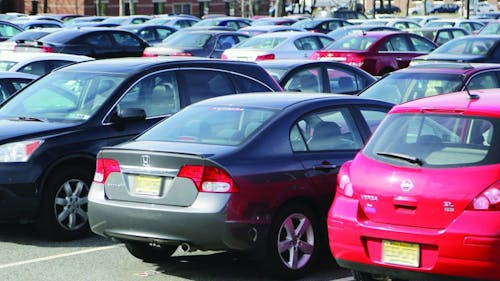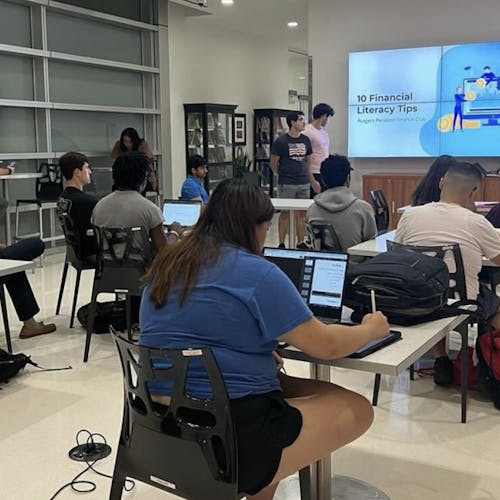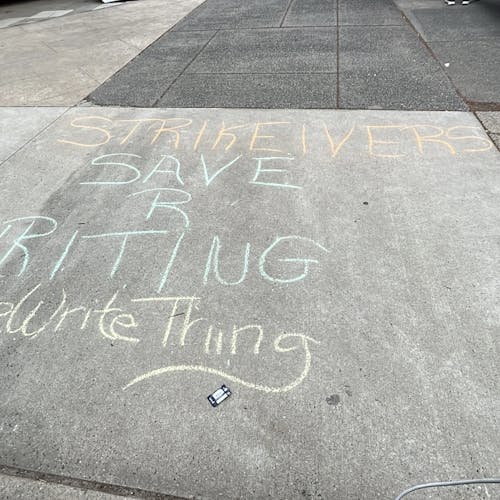Rutgers looking into license plate readers to enforce parking rules

Rutgers has been looking into a system that would equip security vehicles with License Plate Recognition cameras— a technology enabling police to more quickly spot illegally parked cars and issue tickets.
With a camera mounted on the security vehicle, officers would drive through campus lots while scanning plates against a University database in order to locate vehicles parked without a proper student, faculty, staff or visitor pass.
"An officer would drive through the lot or deck with a camera attached to the security vehicle," said Jack Molenaar, director of the Department of Transportation Services.
If the school decides to move forward with the system, Molenaar said it would be implemented in a few years.
The school would likely model its system after the University of Maryland's pioneering LPR system created in Fall 2010 for students and Spring 2011 for faculty and staff. Molenaar first learned about the technology at a lecture he attended at the college this past spring.
"The University of Maryland saw a jump in compliance of parking rules after adopting LPR," Molenaar said.
The technology would also cut the cost of hangtags. The University of Maryland saved $80,000 per year by cutting 18,000 permits from their system.
Still, privacy advocates have criticized LPR technology for the amount of data it stores and how that data is used. Eight months after the University of Maryland implemented the technology, the Campus Affairs Committee submitted proposals on how the school should handle the data collected from officers.
The committee proposed that the school store data for no more than 30 days, rather than the initial one-year data retention.
Molenaar does not know how much the technology would cost for Rutgers at this time, but the University of Maryland spent $40,000 per security truck.
The city of New Brunswick is one step ahead of the University and has been experimenting with LPR for the past year.
A successful three-month pilot program ended in December, prompting the city to equip the entire parking authority with cameras by the end of 2016, New Brunswick Today previously reported. The technology was tested on only a select number of streets, but had a pick-up rate of 92 percent.
Avalon Zoppo is the managing editor of The Daily Targum. She is a School of Arts and Sciences junior majoring in political science. Follow her on Twitter @AvalonZoppo for more stories.



